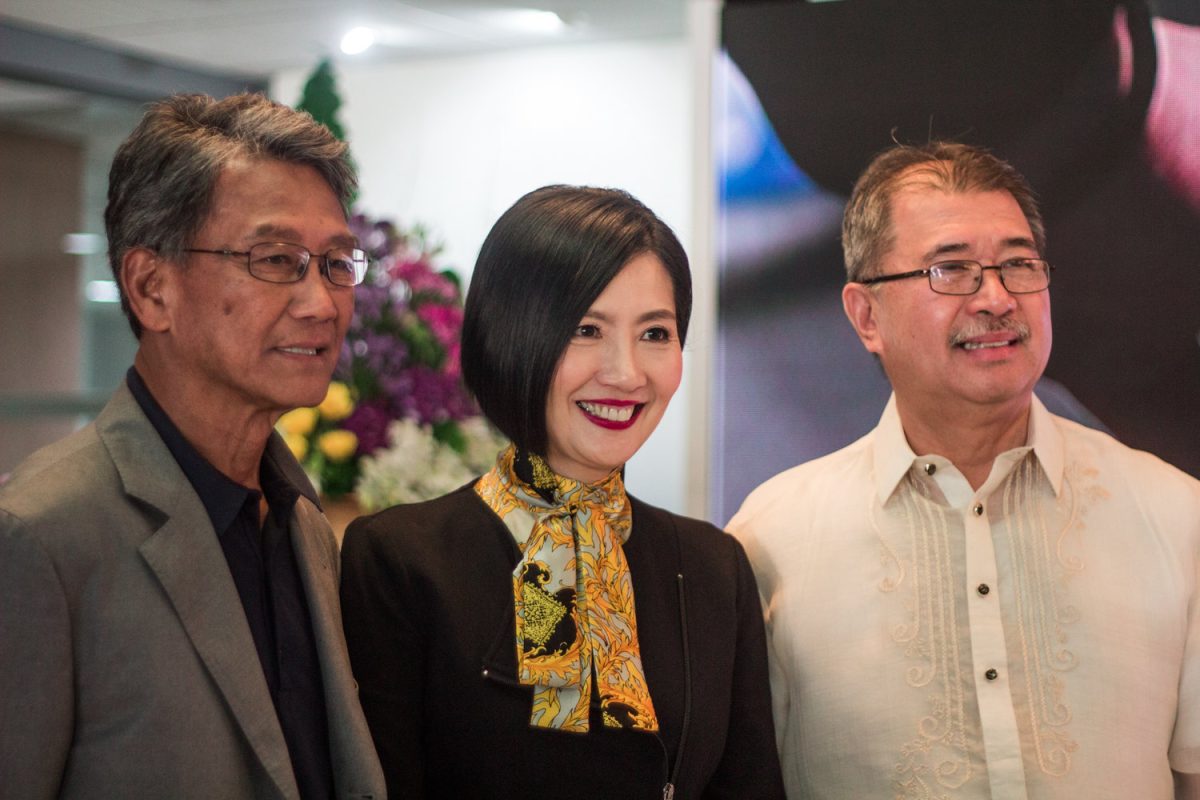“Progress lies not in enhancing what is, but in advancing towards what will be.”
– Kahlil Gibran
“Progress lies not in enhancing what is,” says Kahlil Gibran, “but in advancing towards what will be.” These words succinctly yet beautifully explain the concept of innovation. There is no doubt that the Philippines houses enough talent and brilliance to spur the nation towards a speedy increase in economic growth and self-reliance through innovation technology and entrepreneurship, but why have we yet to witness substantial headway?
In an effort to address the Philippine’s lack of support programs for startup entrepreneurship, PhilDev, in partnership with The Asian Institute of Management (AIM), launched the AIM-Dado Banatao Incubator last August 10. In attendance were Mr. Dado Banatao, Chairman of PhilDev and Silicon Valley innovator; Dr. Jikyeong Kang, President and Dean of AIM; and Hon. Fortunato T. de la Pena, Secretary of the Department of Science and Technology (DOST).
This incubator program received a grant of 14.8 million pesos in initial funding from DOST through its Incubator Creation Program—a continuation of sorts from DOST’s 2007 Filipinovation strategy.
“If you all know [with] startups, most of them[…]belong to the biggest drivers of the Philippine economy,” shares Dean Jikyeong Kang. “As crucial drivers of the Philippine economy, startups have such huge potential. They are small but agile and can pivot quickly in response to a critical and very demanding market.”
Since the incubator’s primary goal is to accelerate the development of the Philippine startup ecosystem and, in turn, open up more local opportunities for economic growth and stability through entrepreneurship, the selection process of participants places more emphasis on scalable startups that present technology, engineering and science-based solutions to many of the country’s neglected problems.
Guiding innovation towards progress
What sets the AIM-Dado Banatao Incubator apart from other already existing incubators and accelerators, besides it being a free on-site program based within the AIM campus, is the guidance from world-class mentors.
“[With] innovation being the primary drive behind the country’s economic development, colleges, universities and other learning centers are incubating ideas and new knowledge in innovation and entrepreneurship in their teachings. This form of practice of incubation in the classroom creates critical thinking in research, development, design and, most importantly, social learning in inclusiveness,” Dado Banatao says, in which inclusiveness refers to the proper sharing of ownership in the enterprise of money and intellect.
According to Banatao, entrepreneurship with inclusiveness successfully ingrained into practice is the fastest method of bridging the gap between the rich and poor by a swift diffusion of wealth in the population.
The Silicon Valley advantage
Aside from direct access to AIM’s faculty and alumni, it will also serve as a link to many leading businesses and industries, including successful entrepreneurs from Silicon Valley.
“I think you can probably say when we’re bringing in Silicon Valley experience and expertise, we are not talking about [something] superficial. We’re talking about people who are actually successful and actually made it there,” says Kang.
A veteran of Silicon Valley’s innovative entrepreneurial landscape, Dado Banatao says that from his point of view, the local startup ecosystem shares a lot of similarities from what he remembers of the early stages of Silicon Valley’s history. With this potential in mind, the AIM-Dado Banatao incubator will be heavily founded on a compilation of business knowledge and innovation, specifically addressing the risky beginning stages of startup entrepreneurship.
Banatao says that the trickiest period is what comes immediately after forming the team and obtaining funding: designing the product, where the expenditure of funding begins and escalates. “In my experience as an entrepreneur in Silicon Valley, this phase is the toughest with the highest failure rate in the life of a startup unless there is help from investors or friendly mentors,” Banatao shares, which emphasizes the advantage of having access to the minds of Silicon Valley heavyweights in this technology-driven society.
“What we are offering here today is an incubator with[…]more experiences in building technology-based, innovative and very successful companies from Silicon Valley. [But] while Silicon Valley is successful, we need to consider our own culture embedded in these practices of entrepreneurship, and that is what we intend to do here at AIM,” says Banatao.
“Startups can find a home for their wonderful business ideas here at AIM,” says Kang. “Let’s put our heads together to make this the biggest incubator success this country has ever experienced.”
—
To know more about the AIM-Dado Banatao Incubator, click here.
